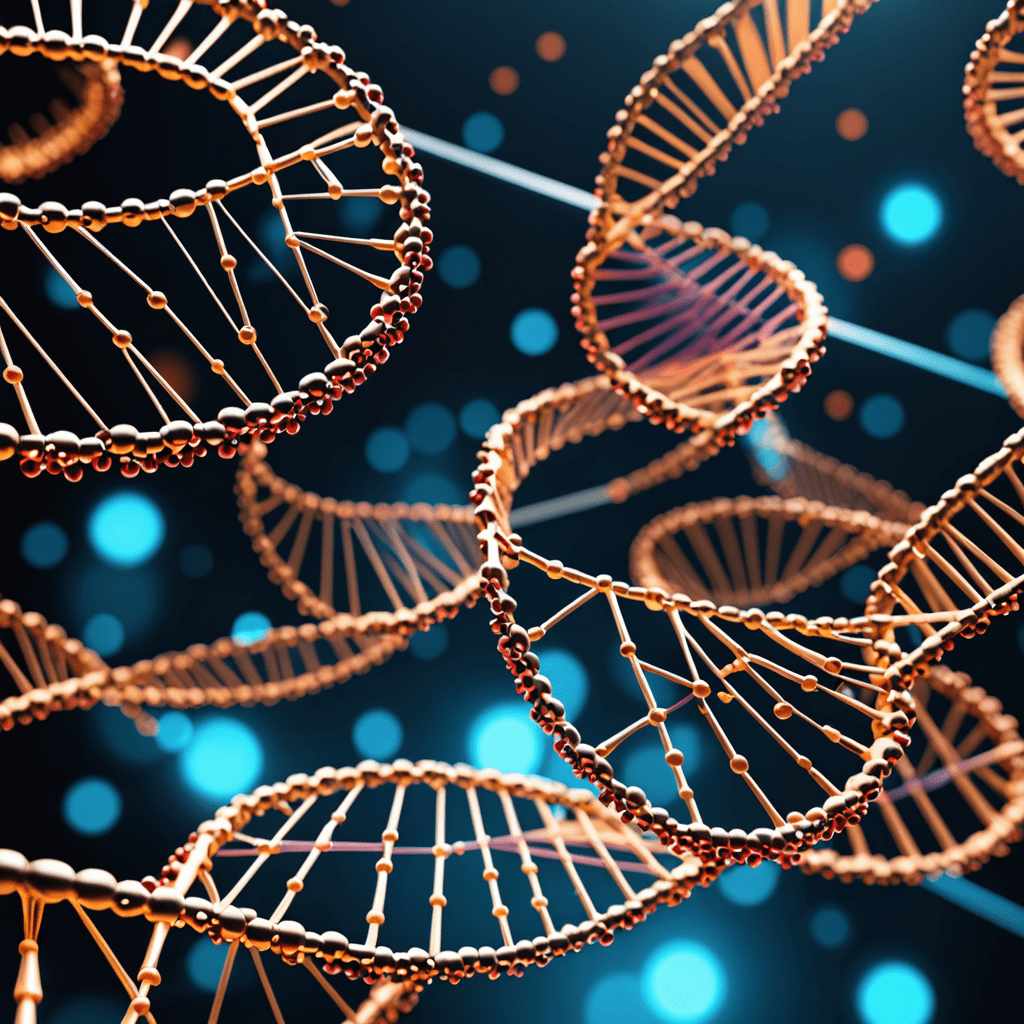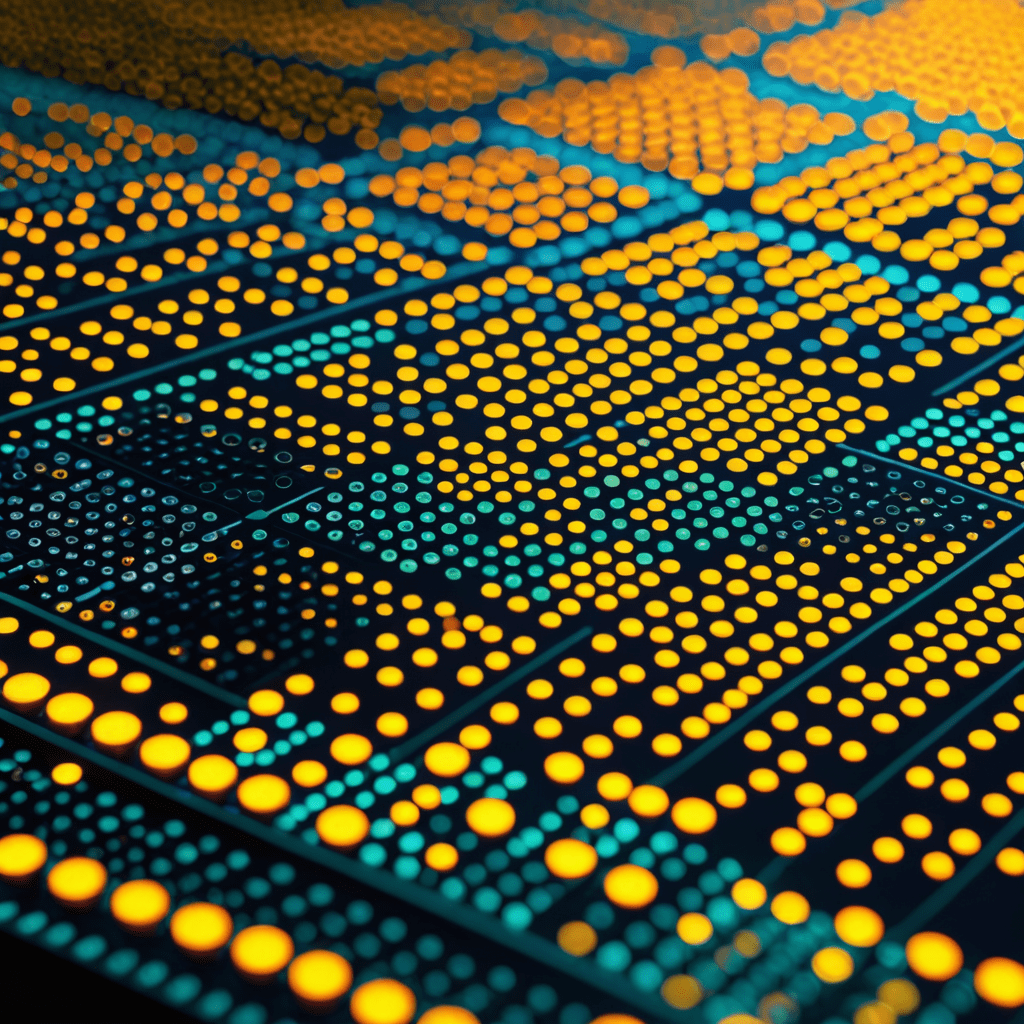Biotechnology and Bioinformatics: Precision Medicine Tools
The Role of Biotechnology in Precision Medicine
Biotechnology plays a crucial role in precision medicine by utilizing biological systems and organisms to develop advanced tools for personalized healthcare. Through biotechnological innovations, scientists can analyze individual genetic variations, thereby enabling tailored treatments for patients based on their unique genetic makeup.
Advancements in Bioinformatics for Precision Medicine
Bioinformatics involves the use of computational tools and algorithms to analyze complex biological data. In the context of precision medicine, bioinformatics allows researchers to interpret genetic information more effectively, facilitating the identification of personalized treatment regimens that are specific to each patient’s needs.
Genomic Sequencing and Precision Medicine
Genomic sequencing is a key aspect of precision medicine, as it involves mapping an individual’s complete DNA sequence. By analyzing this information, healthcare providers can identify genetic mutations that may influence a person’s response to certain medications or susceptibility to particular diseases. This knowledge enables the development of personalized treatment plans that are optimized for each patient.
Personalized Drug Development and Biotechnology
Biotechnology plays a significant role in personalized drug development by enabling the creation of targeted therapies based on an individual’s genetic profile. Through techniques such as gene editing and recombinant DNA technology, scientists can design medications that are more effective and have fewer side effects, ultimately leading to improved patient outcomes in precision medicine.
Machine Learning and Data Mining in Bioinformatics
Machine learning and data mining techniques are increasingly being used in bioinformatics to extract valuable insights from vast amounts of genomic and clinical data. By applying these computational tools, researchers can identify patterns and correlations that may not be apparent through traditional analysis methods, thus enhancing the accuracy and efficiency of precision medicine approaches.
Challenges and Ethical Considerations in Precision Medicine
While precision medicine offers exciting possibilities for personalized healthcare, it also presents challenges related to data privacy, informed consent, and equitable access to advanced treatments. Ethical considerations surrounding the use of genetic information and the potential for disparities in healthcare delivery must be carefully addressed to ensure the ethical implementation of precision medicine tools.
The Future of Precision Medicine: Integrating Biotechnology and Bioinformatics
The future of precision medicine lies in the seamless integration of biotechnological advancements and bioinformatics tools. By harnessing the power of these innovative technologies, healthcare providers can offer truly personalized treatment options that are tailored to each patient’s unique genetic characteristics, paving the way for a new era of precision healthcare delivery.


